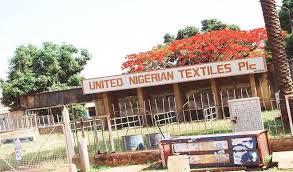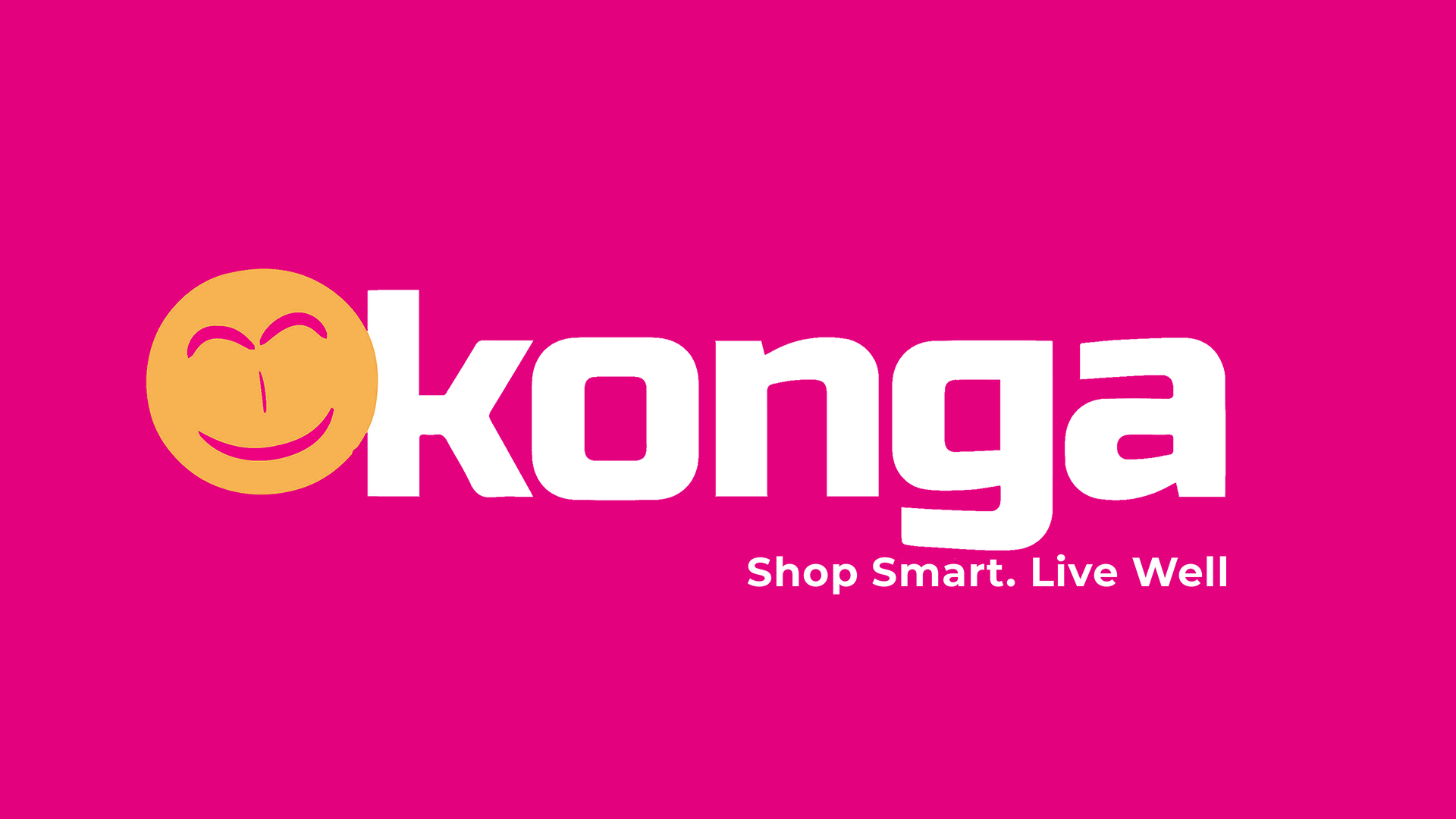Following his seamless reappointment and confirmation by the Nigerian Senate last week, the Central Bank of Nigeria (CBN) Governor, Mr Godwin Emefiele, has vowed to revive not less than 20 out of the over 50 collapsed textile mills before the end of the 2019 fiscal period.
This was a key target contained in the technical cooperation proposal for revamping the cotton, garment and textile sector in Nigeria made public during the inauguration of the textile implementation committee in Abuja last week.
Other major responsibilities of the Committee included total revival of all 50 textile firms by the end of 2023 to once again, boost job creation considering the fact that the sector had hitherto been the highest employer of labour during the 1980s and parts of 1990s.
The Committee is further expected work with relevant stakeholders to identify, name and shame textile smugglers in Nigeria and come up with reliable framework capable ending smuggling and dumping of textile products into Nigeria.
Besides, the CBN mandated the Committee to drive the production of 200,000 hectares of cotton fields by 2020 with an annual increase of 100,000 hectares over the next three years.
Included in the tasks of the Committee is to determine power requirements by the textile hubs in each state; develop a framework for the production, transmission and pricing of power within the hub; and facilitate collaboration among all related agencies to ensure compliance with regulations.
According to the recommendations, “The Committee, will try in partnership with relevant investors to deliver a minimum of 50 megawatts of captive power to CTG firms in the interested states by 2021, and facilitate the effective pricing and delivery of gas, black oil and diesel to CTG firms in Lagos and other interested states.
Emefiele, who listed the key drawbacks in the nation’s textile backward integration project as low cotton production, poor power and transport infrastructure, obsolete production lines, smuggling and counterfeiting, inadequate local patronage, high cost of production, and multiple taxation , among others, he assured of CBN’s serious attention to the sector.
It would be recalled that earlier last month, the apex bank blocked forex access to textile importers, a step it said was designed to return Nigeria to its past textile glory, but industry experts are divided on the rush to ban textile imports when the local content does not exist after all.









